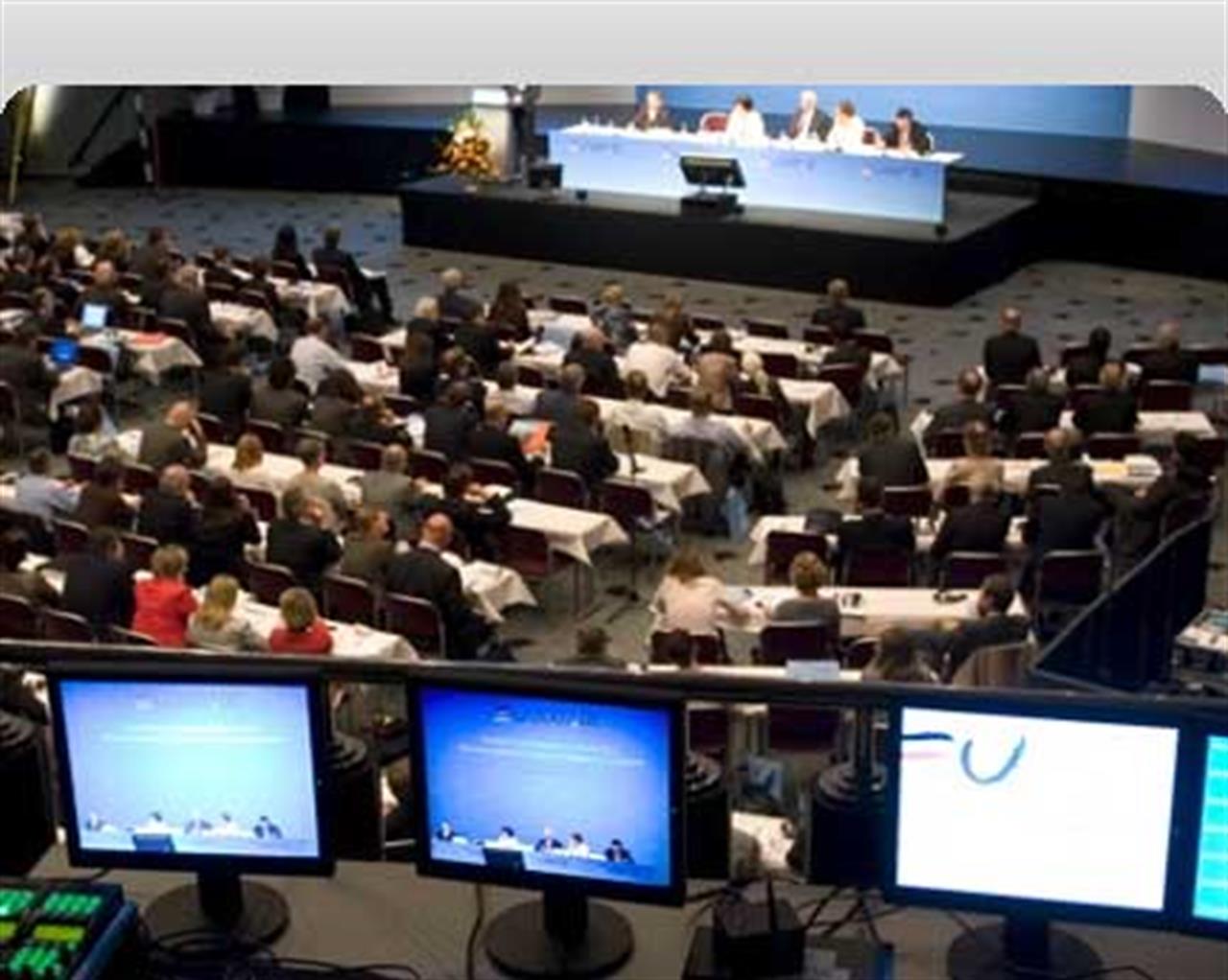Politica
European Freedom of Press Charter exposes Eastern Europe and Italy
The need to launch a charter on European Freedom of Press has exposed press repression in Eastern European countries as well as Italy.
di Staff

In an effort to counter increasing worries about infringement of press freedom by governments in Europe, both within the EU and beyond, the editor-in-chief of Germany’s weekly Stern magazine, together with EU media commissioner Viviane Reding last week, on June 9, celebrated the launch of the European Charter on Freedom of the Press.
Speaking to journalists in Brussels, Ms Reding expressed her concern about threats to media freedom in “the east” but was reluctant to acknowledge similar worries emanating from Italy.
The charter, while having no legal teeth and being largely a symbolic document, should begin to have some effect at the point of accession to the EU, as it is intended to be made a condition of entry for EU candidate countries in future accession negotiations.
“[The commission does] not have a direct competence to make the charter legally binding,” said Ms Reding, “but the journalists will give the charter to the politicians, who will have to see that the charter is applied in real terms.”
The ten-article charter requires, amongst other assurances, that journalism in all media be “free of persecution, repression and of political interference by government.”
The charter is an initiative of the Stern editor, Hans-Ulrich Joerges, Ms Reding and other editors-in-chief of European newspapers and originated during a discussion between the commission and the newspapers in 2007.
The publishers and the commission meet on an annual basis to discuss sectoral concerns.
“The charter’s main concern is at last to unify Europe journalistically and to enable all our colleagues to invoke its principles if press freedom is violated,” said Mr Joerges at the launch in Brussels alongside Ms Reding, specifying that “the situation in Italy should be as much a concern as in the east.”
Some 150 prominent journalists from 28 European states have signed the document, but all journalists are encouraged to do so at the document’s online home.
In March, the Open Society Institute’s media programme – a pressure group focussing on media freedom in emerging democracies – criticised the European Commission in a report that argued that broadcasting across Europe, particularly in the east but also in Italy, is undergoing a “counter-reformation” – a backsliding towards overt political control after the post-Cold War period, when leaders relaxed their grip on TV and radio.
The European Commission came in for criticism for not holding new EU member states to account after promises concerning media freedom were made ahead of accession.
“The commission has notably failed to keep the new states to their compacts for the media that they made as a condition of entry,” the report said.
The OSI report described the situation in Italy as “a dark farce.”
Click here to read Vita Europe’s article on the threat to Freedom of Press in the Czech Republic
View full article:
Cosa fa VITA?
Da 30 anni VITA è la testata di riferimento dell’innovazione sociale, dell’attivismo civico e del Terzo settore. Siamo un’impresa sociale senza scopo di lucro: raccontiamo storie, promuoviamo campagne, interpelliamo le imprese, la politica e le istituzioni per promuovere i valori dell’interesse generale e del bene comune. Se riusciamo a farlo è grazie a chi decide di sostenerci.
